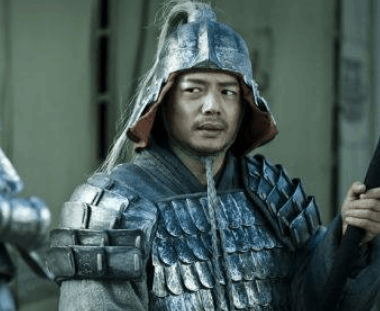When mentioning Tsangyang Gyatso, people tend to think of his deeply moving love poems first. However, he was also a Dalai Lama who holds an important position in the religious field. This seemingly contradictory identity and works have led people to wonder: Isn't Tsangyang Gyatso a monk? Why did he write so many love poems?

Firstly, we need to clarify that Tsangyang Gyatso was the Sixth Dalai Lama, and his position in Buddhism is unquestionable. Most of his life was spent practicing and studying Buddhist teachings, which was his primary identity and life content.
However, another side of Tsangyang Gyatso is his identity as a poet. His love poems are filled with love for life and a profound understanding of human nature. These poems express his aspirations for love, life, and freedom, revealing his profound humanistic sentiment. This forms a stark contrast with his monk identity, making his works filled with unique charm.
Then, why did Tsangyang Gyatso write so many love poems? This may be related to his personal experience. According to historical records, Tsangyang Gyatso's life was full of difficulties and twists and turns. Although he was a Dalai Lama, he was troubled by political struggles and passed away at the young age of 23. Such experiences may have given him a deeper understanding and perception of life, which he expressed in his poems.
In addition, we cannot ignore the influence of cultural background. In Tibetan Buddhism, although monks need to observe many strict precepts, this does not hinder their understanding and exploration of life and human nature. Tsangyang Gyatso's love poems may be his unique understanding and expression of human nature.
Overall, Tsangyang Gyatso's love poems and his monk identity are not contradictory. His love poems reflect his personal experience and cultural background, as well as his unique insights into life and human nature. His works not only enrich our understanding of human nature, but also provide us with a unique perspective to view that particular historical period and cultural background.
Disclaimer: The above content is sourced from the internet and the copyright belongs to the original author. If there is any infringement of your original copyright, please inform us and we will delete the relevant content as soon as possible.
































